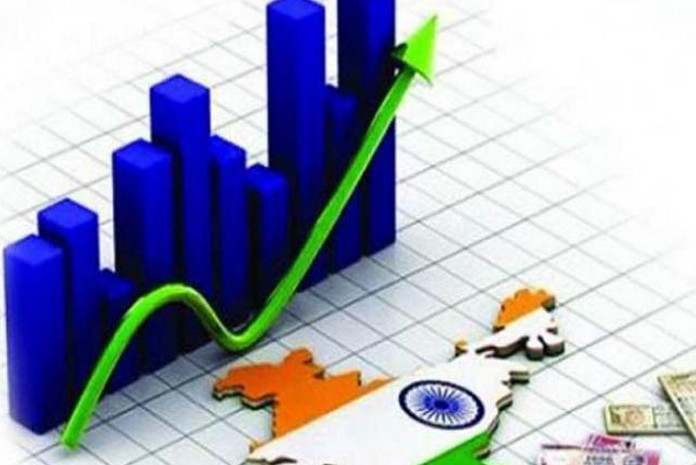Written by: by Arun Poojari, Co-founder, Cashinvoice
For the very first time, India has achieved an ambitious export target of USD 400 billion. Farmers, weavers, MSMEs, and manufacturers have immensely contributed to this success story, with MSMEs contributing 49% of the total export value. Despite the post-pandemic adversities, MSMEs have shown remarkable resilience in the global trade arena.
However, the geopolitical issues between Ukraine-Russia have again raised concerns on the impact of the global supply chain. The ongoing crisis can present multiple challenges like delays in shipments, cancellations, damage of consignments, late receivables, etc. Indian exports of goods like pharmaceuticals, apparel, agro-products, chemicals, metals, automobiles, gems, jewelry, etc., are directly impacted presently, and the future bilateral ties and global sanctions are an overhang. MSMEs are highly affected since they primarily lead exports to Ukraine and Russia. During such challenging times, businesses require short-term credit to meet their working capital requirements. Supply chain financing (SCF) is an efficient model that provides liquidity to buyers and suppliers to keep their operating cycles running.
SCF – A Move from Asset-Backed to Cash flow-based Assessment
Financial institutions traditionally follow an asset-backed lending approach where borrowers have to place collaterals to avail loans. MSMEs are usually not asset-rich, which has been a significant challenge. In the current economic scenario, lenders are taking a cognizant approach by moving from an asset-backed lending process to a cash flow-based assessment for MSMEs to help them with cross-border trades.
Lenders validate data through bank statements, past credit history, on-time repayments, and income tax returns to safeguard the rise of NPAs in the system. They also analyze alternate data like digital transactions through UPI, Point of sale (PoS) dealings, e-invoicing, GST data as crucial parameters to judge the borrowers’ creditworthiness.
In recent times, banks and NBFCs have started focusing on the SCF segment and are providing much-needed support to MSMEs to help them elevate and expand their horizon overseas.
Robust Digital SCF Infrastructure
SCF platforms are building a robust digital infrastructure to bridge the gap between all parties. The lack of credit history and high operational costs for small-ticket size loans were the primary reasons for reluctance to provide funding to small businesses. Fintechs are helping lenders democratize opportunities by improving cost and time efficiencies in operational processes and providing AI-backed alternate data analysis for risk assessment. Machine learning techniques offer deeper insights into dynamic factors beyond credit scores that help lenders mitigate their risks.
On the other side, since most MSMEs are located beyond metro cities, the awareness about SCF is relatively low. Also, these enterprises are family businesses or founder-led; they work in a traditional fashion and are hesitant towards technology adoption. Fintechs provide consultation services to help them transform into professionals. They help them strategize to scale up operations by streamlining onboarding, operational, legal processes by integrating technology to avail supply chain financing. MSMEs are slowly recognizing the value of investing in the right resources to sustain and excel in today’s globalized world.
The Road Ahead
Supply Chain Financing facilitates the inclusion of MSMEs in the mainstream lending space with the help of an accommodative regulatory framework. In the Union Budget 2022, The Hon’ Finance Minister announced that new enterprises could seek credit in the absence of cash flow data and assets by leveraging collateral-free Credit Guarantee Fund Trust for Micro and Small Enterprises (CGFTMSE) set up by the government of India and Small Industries Development Bank of India (SIDBI). The scheme was also revamped to facilitate additional Rs 2 lakh crore credit for MSMEs in the upcoming financial year. The announcements are significant initiatives to support domestic business activities.
However, when it comes to global trade, the lending process is far more complex, with higher compliance requirements, raising the cost of funding. The central bank’s liberalized approach for cross-border trade financing would help MSMEs foster India’s contribution to global trade.














